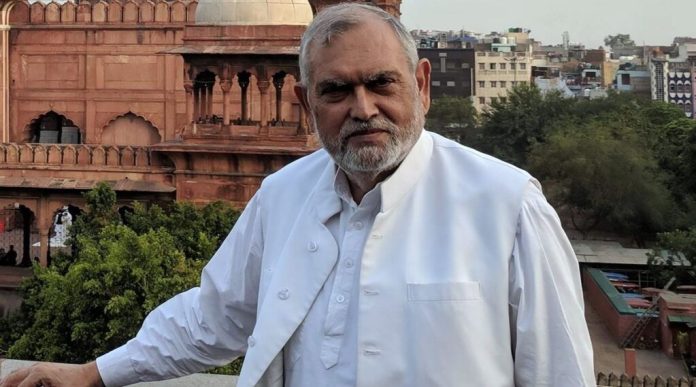10 Aug. 24: The Modi government is poised to introduce two bills in Parliament concerning the Waqf Act. The first bill proposes the repeal of the Waqf Act of 1923, while the second seeks to implement far-reaching changes to the Waqf Act of 1995. These proposed amendments have raised considerable concerns within the Muslim community and beyond, said Dr. Zafarul Islam Khan, former Chairman of Delhi Minorities Commission and Editor of Milli Gazette.
Under the new amendments, the role of district collectors will be pivotal, as they will have the authority to determine whether or not a property qualifies as Waqf, and their decision will be final. This shift represents a departure from the current system and centralizes authority in a way that many believe undermines the principles of Islamic law.
The proposed bills introduce a new definition of Waqf, stipulating that only individuals who have adhered to Islam for the past five years can endow their property as Waqf. Additionally, the bills seek to control the allocation of Waqf income, a move seen as contrary to Islamic principles, which permit any individual, including non-Muslims, to endow property as Waqf, with the income used solely for the purposes specified by the endower, said Dr. Khan.
Furthermore, the amendments would allow non-Muslims to serve as members of the Waqf Councils and State Waqf Boards, potentially placing the management of Waqf properties in the hands of non-Muslim administrators. This raises concerns about the governance and oversight of Waqf assets, traditionally managed by the Muslim community in accordance with Islamic law.
The amendments also empower state governments to appoint Waqf Board members without requiring them to be Muslim, and they disregard verbal designations of Waqf trustees, implying that oral endowments will no longer be recognized.
These changes have sparked criticism that the government is bypassing the Muslim community in critical matters concerning Waqf, following a pattern seen with the 2019 Triple Talaq Bill and the ongoing discussions around the Uniform Civil Code. Critics argue that the centralization of authority and exclusion of Muslim input undermine the community’s ability to manage its religious endowments in accordance with its own laws and traditions.
In summary, the proposed amendments to the Waqf Act could significantly alter the management and oversight of Waqf properties, raising fundamental questions about the role of the Muslim community in religious matters. Experts and leaders urge the government to reconsider these changes and engage with Muslim scholars and organizations to ensure that the reforms respect Islamic legal principles and community rights.




